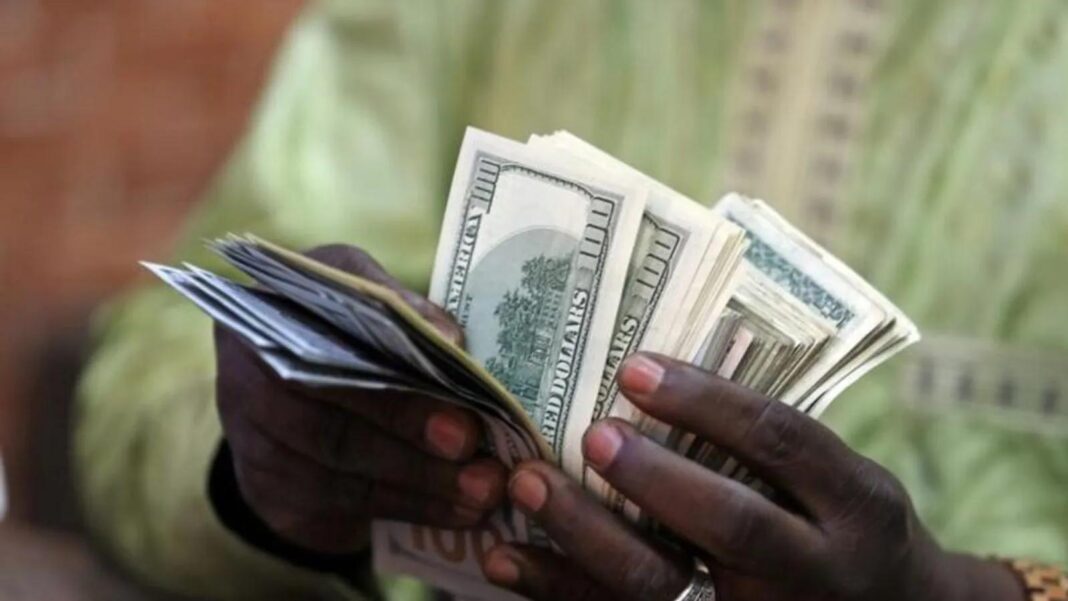Nigeria’s foreign reserve has risen to over 46 billion dollars, according to the governor of the Central Bank of Nigeria (CBN), Yemi Cardoso.
Cardoso disclosed this at the opening of the Monetary Policy Department’s 20th anniversary colloquium in Abuja on Tuesday morning.
He said it was the first time the country had reached such a level since 2018 and that it could cover more than 10 months of imports.

Cardoso described the development as a turning point for Nigeria’s macroeconomic stability, noting that the new reserve level strengthens the naira’s defence and supports ongoing foreign exchange market reforms.
He said the nation’s foreign reserve has risen to over 46 billion dollars, marking the first time since 2018 that such a milestone has been reached, and that the amount could cover more than 10 months of imports.
The rise in reserves comes during a period of tight monetary conditions, as the CBN pursues policies aimed at reducing inflation, stabilising the naira, and rebuilding investor confidence.

Economists say the stronger reserve position could help reduce currency volatility, improve Nigeria’s credit outlook, and attract more portfolio inflows into the fixed-income market.
Higher reserves also provide a buffer against external shocks, supporting oil-driven revenue flows and giving the government more room to manage foreign exchange demand pressures.
Analysts note that the current import cover now exceeds the widely recommended global threshold of three months, placing Nigeria in a stronger position ahead of 2026 budget planning.




